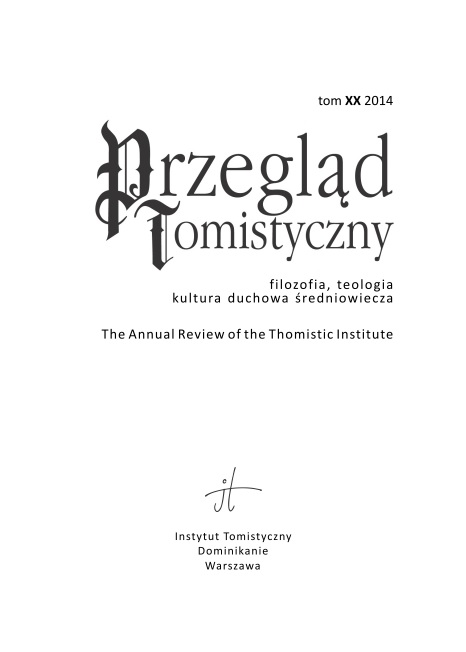ROBERT PLICH OP, Conscience and the Magisterium

Volume XVIII: 2012
Philosophy — Theology— Spiritual Culture of the Middle Ages
ISSN 0860-0015
e-ISSN 2544-1000
SUMMARY
Each human being has an obligation to seek after truth, and to adhere to the truth once it is discovered, especially when the truth concerns the meaning of human existence. The fulfillment of this obligation involves human choices and practical reasoning, therefore it is the matter of conscience. It is impossible to achieve this goal without reference to authority. Authentic authority affects conscience by virtue of the truth itself. Authority mediates the transmission of truth and the truth underlies its directives. Authority, by its nature, influences human beings through their consciences, and in turn these consciences, in accordance with their nature, are opened to teaching and leadership, which are the proper functions of authority. A recognition of the authority of the Teaching Office of the Church (the Magisterium) is not a result of reasoning based on natural premises, but arises first from faith and from reasoning based on divinely-revealed premises. However, it is possible to prove that the recognition of Magisterial authority and the obedience shown toward it is a rational attitude based on rationally-defensible suppositions. Holy Scripture states that the apostles possessed privileged authority as teachers of the faith. The Bible does not, however, ascribe this kind of authority to the opinions of independent individuals, to commonly-acknowledged theological conceptions, or to the dominant intuitions of faith present in God’s people, which may be changeable and mutually contradictory. Without magisterial authority it is impossible to determine which opinions spring from unerring theological faith — which, after all, cannot be tested empirically.
